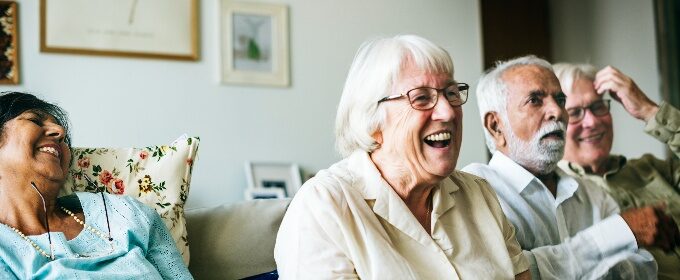There’s no one kind of ‘older person’, and often, describing them as such overlooks the enormous diversity of this group. Policymakers and service providers have typically relied on one-size-fits-all approaches, which are not always appropriate for diverse populations within the umbrella of ‘older people’. Here, Dr Amy Barron outlines a new toolkit for policymakers to […]









